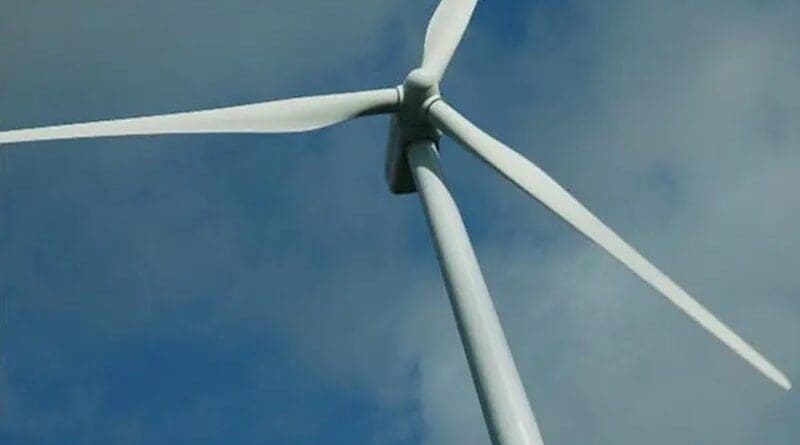South Africa: Renewable Energy Program Attracts R209.4 Billion To Economy
By SA News
The Renewable Energy Independent Power Producer Procurement Programme (REIPPP) is making a significant impact on the economy, job creation, community upliftment, economic transformation and climate change.
The REIPPP is a competitive tender process that has been designed to facilitate private sector investment into grid-connected renewable energy generation.
In a short, 8-year period it has attracted R209.4 billion in committed private sector investment, resulting in much-needed alleviation of fiscal pressure.
South African entities such as Old Mutual, Red Cap, Phakwe, Pele Green, and many others, including the Central Energy Fund and the PIC, account for the majority of investment into the REIPPPP.
Renewable IPPs have created 38 701 jobs years for youth and women from the surrounding communities.
“This means 38 701 people have had a full-time job for one year,” Energy Minister Jeff Radebe said at a media briefing in Pretoria on Sunday.
The minister said local communities have benefited from over R1 billion spent by IPPs on education by upskilling teachers, providing extra teachers and classrooms, as well as awarding over 600 bursaries to students from disadvantaged communities.
In the health sector, the programme has provided health facilities while contributing to social development through feeding schemes, supporting old age homes and early childhood development.
Furthermore, it has helped to establish more than 1000 small enterprises.
With regards to the Black South African equity shareholding in the REIPP programme, it has progressively increased with each bidding round.
Radebe said the South African equity shareholding across Bid Window 1 to Bid Window 4 and Smalls Bid Windows 1 and 2 equates to 52% – R31.4 billion- of the total equity of R60.9 billion. This is substantially more than the 40% requirement.
Black South African companies such as Thebe, Kagiso/Tiso, Royal Bafokeng, H1, Halusani, Reatile, Phakwe – on average – have 33% of the projects that have reached financial close.
Broad-based black participation is also secured across the value chain through community participation, including in engineering, procurement, construction, operations and maintenance contractors where black ownership amounts to 21%.
Local community ownership is structured through the establishment of community trusts.
Qualifying communities will receive R27.1 billion net income through the dividends from their shareholding over the 20-year life of these committed projects.
For the consumers, the programme ensures that they pay a fixed number escalated by CPI per annum or less for the duration of the contract.
With regards to the environment, the REIPP programme’s contribution has meant that South Africa’s carbon emission is reduced by about 33.2 million tonnes (Mton) carbon dioxide (CO2) and water savings of 39.2 million kilolitres achieved by 31 December 2018.
“I acknowledge the programme is not perfect and can be improved in specific areas. However, we need to embrace that the programme that has done so much for the country and has received international acknowledgement,” Radebe said.
He said energy is central to the economy and an enabler in ensuring human rights in respect of access to food and water.
With techno-economic shifts transitioning to the energy sector, the minister said the programme holds further exciting opportunities for growth.
“The energy sector is at the cusp of an exciting period, reminiscent of the huge changes brought about by rapid technological advancement in the mobile telephony industry in recent years.
“We need to be prepared for the disruptive times that the fourth industrial revolution will bring and adjust in a responsible way,” the minister said.
The centralised power generation plants will disappear and replaced by distributed generation, mini-grids and batteries, he said adding that the country must ensure that youth embraces the new technologies and move with the changing times.
Renewable energy generation plants, complimentary hybrid technologies such as storage and the associated industrial value-chain activities will support the creation of jobs and better employment prospects.
To achieve prosperity for all, Radebe concluded that government and all stakeholders involved have to take hands and become a driving force for transformation and change.

